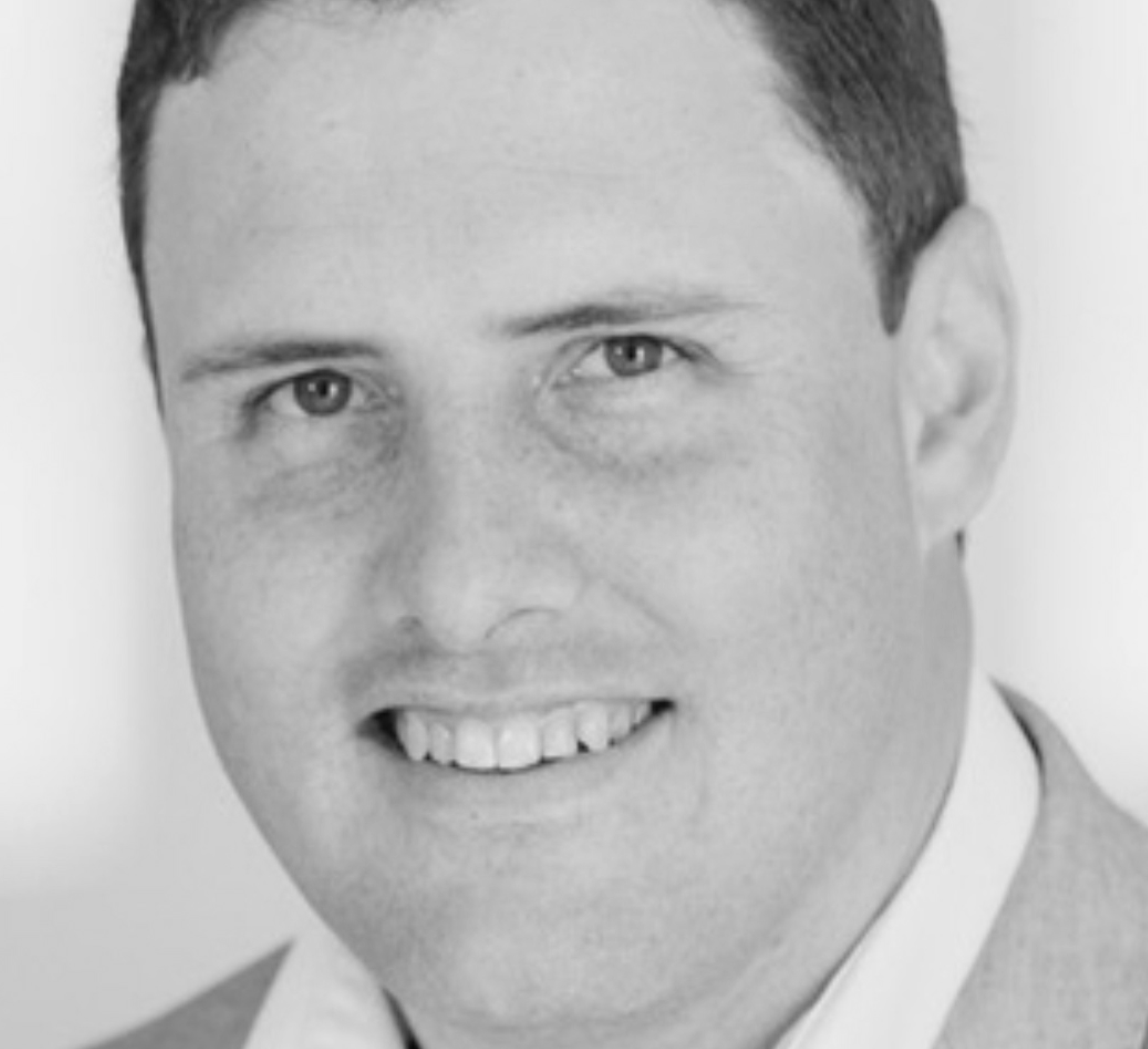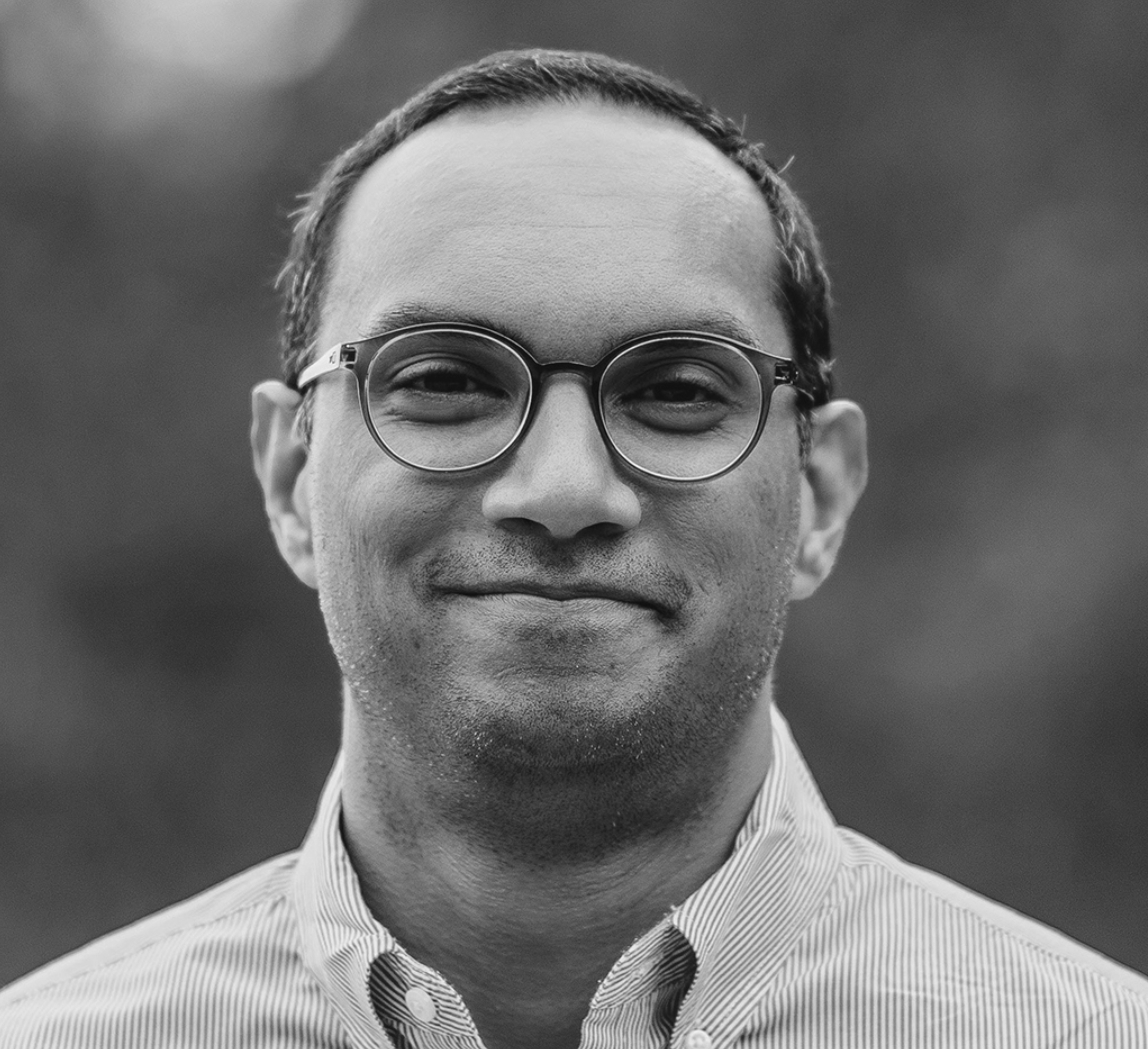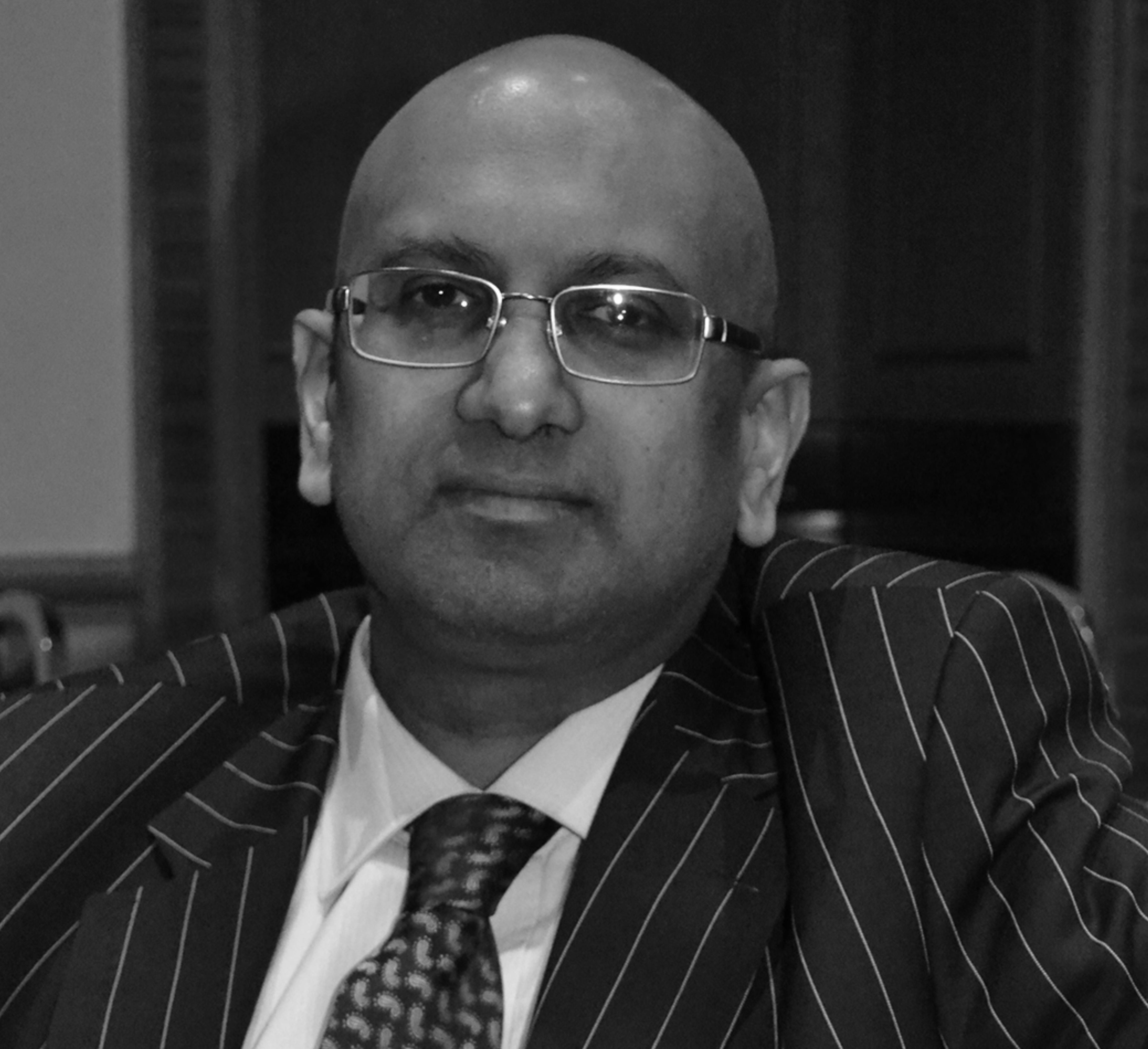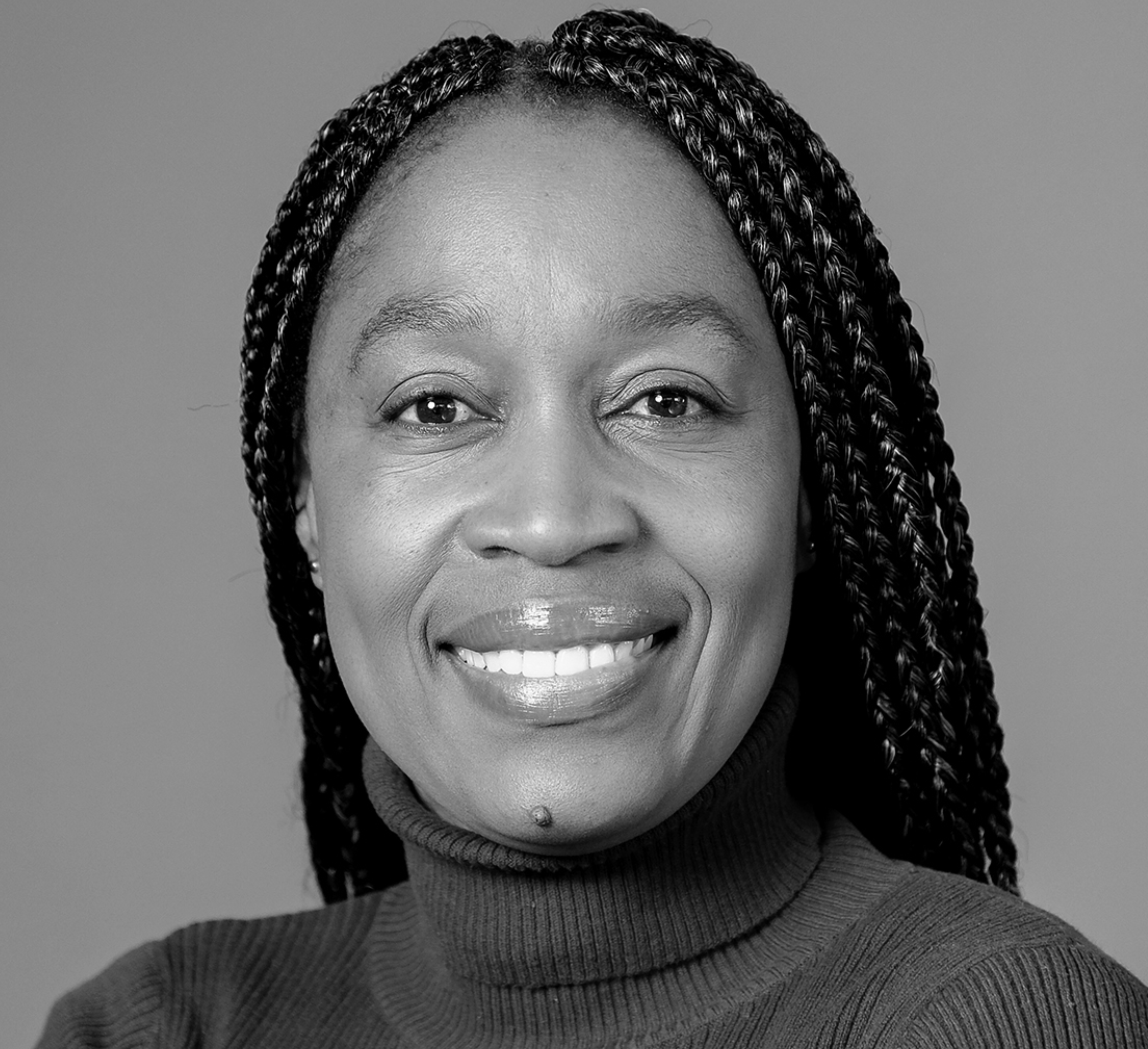61: Saul Josselowitz
Financial Director – Babereki Employee Financial Solutions
Babereki provides temporary workers with access to financial flexibility and health insurance.

CFO(SA) designation
Here I want to give a quick shout-out for the Certified Financial Officer CFO (SA) designation from SA Institute of Business Accountants (Saiba).
This really is the Formula 1 of accounting designations and is available only from the SA Institute of Business Accountants. The CFO designation is internationally recognised and validates the years of toil and ingenuity it takes to reach to the top of your field. You’ll be part of an exclusive and powerful network of CFOs and finance executives.
As a CFO (SA) you get to share in a wide range of benefits. You gain status as an international finance executive and achieve your listing in the official CFO Directory. You will receive exclusive invitations to the CFO Talks events and get a chance to connect with knowledgeable thought leaders within the CFO community.
For more information go to: https://saiba.org.za/designations/
CIARAN RYAN: Today I am very happy to welcome Saul Josselowitz, who is financial director at a company called Babereki Employee Financial Solutions, which is part of the Workforce Group listed on the Johannesburg Stock Exchange. Now, that’s a company that’s been around for several decades, Babereki is involved as a microlender, it’s involved in the insurance sector, a debt collector and a number of other financial service areas. First of all, welcome Saul, how are you this morning?
SAUL JOSSELOWITZ: Morning Ciaran, I am very well this morning, thank you for the introduction and it’s a privilege to be associated with CFO Talks.
CIARAN RYAN: It’s great to have you, first of all just tell us a little bit about Babereki, it’s part of the Workforce Group, which is listed on the stock exchange, how did it come about?
SAUL JOSSELOWITZ: Babereki is a microlender, obviously we form part of the financial services cluster of the Workforce Group. As a microlender it was born out of the need to assist the staff within the group…in various parts of the country. So the group’s core business is temporary employment service, so on average they are placing about 30 000 to 40 000 individual people on a monthly basis across various sites in the country. A need for those staff members was microcredit, simply because these guys can’t qualify in the normal channels through a bank, they might not earn enough or they are on a temporary contract, so they can’t actually afford credit for basic needs like school fees, school shoes or clothing for their kids or rent if they have had a bad month. Babereki was born to meet that need, so we really focus our efforts on assisting or signees to get credit where they might not normally get credit. We are registered under the National Credit Regulator, so everything that we do is above board and we have a very robust system that allows for approval on an automated basis and we try and help our staff as best as we can.
CIARAN RYAN: Okay, it sounds like what you are doing is in some respects a bit like the traditional services that are offered by the banks, is that correct?
SAUL JOSSELOWITZ: That is correct, so obviously the banks offer funeral policy, which we do as well, the banks don’t offer health insurance but it’s something that we do too. So it’s a scheme that we’ve developed over time that allows for an individual who might not necessarily be able to afford a traditional medical aid to afford a very competitive health insurance product that will allow them access to various doctors’ networks, they can go to a private doctor instead of having to sit at a clinic for eight hours a day and not get the correct treatment.
Challenges during Covid-19 lockdown
CIARAN RYAN: Just tell us a little bit about…because you are involved in what is an essential service, I guess, during this time of the Covid-19 lockdown, have you been able to continue operating or have there been any specific challenges that you’ve had to face?
SAUL JOSSELOWITZ: When the lockdown was announced it was a mammoth task to move 100 individuals out of our call centre to be able to work remotely. So the team pulled themselves together, operations, MD and myself, we put a plan together to ensure that every single individual if they are required to work they would have a computer at their house, they would have connectivity, have access to everything that they would have in the office at their home. It was a massive task, but we pulled it together to enable every single person to work from home. They connected to our servers, they connected to our loan management system, so whatever they had in the office they had at home. We had a few challenges in the beginning but we’ve overcome them, obviously through Microsoft Teams, through Zoom and through WhatsApp we have been in communication with our staff from day one and it’s ongoing. I think I’m part of 15 different WhatsApp groups and I’m part of four different Microsoft Teams groups and it’s ongoing communication basically 24/7 just to ensure that we stay ahead of the curve.
CIARAN RYAN: Just talk about the market in which you are operating, which is microlending, insurance and financial services, we’ve heard about the commercial banks, they have been offering repayment holidays, have you been doing the same kind of thing and what has been the repayment history that you’ve experienced during this lockdown period.
SAUL JOSSELOWITZ: The people who we loan to are directly linked to the economy, so if the economy is actively working then so are our people and they would easily be able to pay back their loans. But we took a decision to dial back the repayments, so if someone misses an installment we wouldn’t actively pursue that missed debt, simply because we know it’s a challenging time for most people, so we have really in a sense given payment relief on those loans. What we did do instead of granting more loans during the period, we decided not to grant loans during the two-month period that we’ve been in lockdown and those funds have been recycled back into payment relief to the guys on the ground.
CIARAN RYAN: Okay, you probably saw that there was a court decision handed down yesterday in the Pretoria High Court where the government’s regulations were basically deemed to be irrational and unconstitutional, did you see that court case?
SAUL JOSSELOWITZ: I did see it but obviously part of the ruling was that they have got 14 days to relook at the regulations that have been gazetted, so obviously those 14 days need to pass before any decisions can be made.
CIARAN RYAN: Does it give you some optimism that things might return to something like normal?
SAUL JOSSELOWITZ: I think so, obviously for us it’s been a challenge because it’s been quite hard to see our staff not going into the office every day, you need that human touch once in a while and with being in isolation it’s been very difficult to overcome that, especially someone like me, we work in a call centre, there are 100 people on the ground. We are a very close management team, every day I go into the MD’s office and shoot the breeze, I go into the group FD’s office and shoot the breeze with him, we don’t have that anymore, so we’ve missed out on it. So it’s been very hard to have that mind shift because now everything is electronic, you have a Zoom meeting with someone and their hair is not done, they are wearing an old shirt, they look tired because they’re stressed. It’s like me as well, sometimes I don’t change my shirt in three days simply because I’m not going to see anyone, my wife complains a lot, I’ve got 17-month old twins, they make a lot of mess, so I’d rather have them mess on one shirt than three different shirts. But, as they say, you should get dressed every day and be positive every day, for me getting dressed is not a big deal, I know I am in contact with all my staff, I know that they are safe and I know that we are going to get through this at the end of the day.
Remaining motivated while working remotely
CIARAN RYAN: How do you keep your team motivated in this remote environment, do you have the discipline, for example, of meeting up every morning virtually at a certain time and planning out the day, how do you do that?
SAUL JOSSELOWITZ: My management style is very relaxed, I haven’t really committed to meetings with my staff every day, simply because I know that they can get the job done. They know that I am available for them 24/7, generally if someone sends me a WhatsApp at one o’clock in the morning I will reply to them because I am either doing some work or I have a twin in my arm. But generally, I try to have meetings once a week with the staff just to touch base, not about work, but just to make sure that they are okay. Being in isolation and especially if you are not married and you’re on your own is quite hard because there is no one else that you can speak to, there are people who you can WhatsApp and whatever but if you spend time with your work colleagues eight hours a day, it’s a lot of time that you spend with them, and I’ve been with the group for about six years, so you build very strong relationships with these people, so they play a very important part in your life, so you need to make sure that you are connected with them at all times and you are in contact with them, no matter what time of the day, whether it’s the weekend, after hours, you need to be available to them for whatever reason.
CIARAN RYAN: Let’s just talk about the unique situation that we’re in at the moment and how financial directors will be controlling things like balance sheet structure, will companies be taking a far more conservative approach to balance sheets going forward. In other words, dialing back on debt in favour of equity or perhaps selling off marginal assets, that kind of thing, how do you see the balance sheet of the future from this point on?
SAUL JOSSELOWITZ: I think it’s going to change and I think people are going to be averse to have too much debt on their balance sheet because there needs to be more liquid assets available because if something like this happens again, how many more companies will be affected like Edcon that had one month of no sales and they’ve gone into business rescue. So I think the balance sheet of the future is going to be more about conserving as much cash as possible, having those assets far exceed any liabilities. If you can do it with cash then that’s the way to do it. That’s what I think will happen rather than having massive debt because the moment something like this happens again, I think hundreds of companies will go into business rescue or even into liquidation.
CIARAN RYAN: You mentioned Edcon, which, of course, for people overseas who listen to this it’s a South African retail group that’s gone into business rescue, it has been in trouble for a long, long time and they have been battling to get their balance sheet right. I think that the point that you make there is very valid, even though interest rates are as low as they are at the moment and it seems attractive to go and raise debt, I think the risk is deemed too great for a lot of companies, so they will be taking an extremely conservative approach to balance sheet construction in the future.
SAUL JOSSELOWITZ: What I would do if I have got a lot of debt, which I don’t, but I would rather try and secure that debt at a more favourable interest rate because the prime is as low as it’s ever been in quite some time in South Africa, and if you can secure your interest rates at prime plus one now you are going to be well under market for a number of years and that’s really what I would go and do. You could even try and restructure existing debt at a lower interest rate.
CIARAN RYAN: If you are in the debt collection business, for example, at the moment, I think the banks are bracing themselves for, I would imagine, a sharp increase in defaults going forward. Is this something that you’ve factored into your operations and structured your balance sheet accordingly so that you can stomach anything that the market throws at you?
SAUL JOSSELOWITZ: Absolutely, we have got a separate debt collection company under our umbrella, they are completely separate to what we do. So they have got a number of other clients on their books and we factored all of this into all of our models and forecasts. So on average we were collecting above 90% in terms of our book but we expect that the drop will happen and Debtworks, our collection agency is geared towards picking up anything that does drop off and they know what approach to have to ensure collections are still maintained. Even during this period of lockdown they have had good success in maintaining their collections. They have taken probably about a 25% drop in overall collections and we’ve been able to sustain it. It’s been a difficult blow, but we expect it to recover in the next few months.
‘I think it’s going to be difficult until the last quarter’
CIARAN RYAN: That was my next question is what kind of recovery do you see happening, do you see a couple of months of very difficult trading, followed by a sharp upturn later in the year, how do you see it playing out?
SAUL JOSSELOWITZ: I think it’s going to be difficult until the last quarter, I think people are still uncertain in terms of what is happening, specifically business, we don’t know. I learnt that in my article’s days, I am not a psychic, I can’t see into the future, we simply don’t know. So it’s more taking a conservative approach for the next couple of months, rather not aim for the big sale, keep your existing clients happy and just conserve cash, which is probably the most important thing than anything else. If you can conserve cash during this period it can allow you to target potential acquisitions in the last quarter, expand on your existing base and whatever else you can do. But I would simply conserve cash for the next few months and target the last quarter of the year to grow substantially.
CIARAN RYAN: Another question related to this is the role of the finance director or the chief financial officer, how have you seen that evolve over the last few years? I guess the one big theme has got to be technology, where a lot of the routine functions of running a finance department can be automated but what is your experience of that, how has that role changed?
SAUL JOSSELOWITZ: I think that the finance executive can’t really hide behind the numbers anymore. It’s good to say that the assets exceed liabilities but it’s not telling a story anymore. My view is that you need to be part of the operations of the business, no matter how big or small, you need to be able to tell the story of what the numbers mean. For me, I focused on the operations, so I will spend a lot of my time with the MD, so whatever meeting he is in I will generally be in that meeting with him. So if he makes a critical decision in terms of the business I will know exactly how that filters through into the numbers. At the end of the day I can’t say the sales are good because we made more sales. If he’s had an initiative that he wants to give away a funeral policy for six months at a low cost or something like that, I need to know how those numbers filter into what I do. It’s evolved over time, you can’t just hide behind those numbers anymore, you need to be on the ground, you need to get you hands dirty, you need to be involved in operations to explain your story of the numbers.
CIARAN RYAN: So that means you’re involved very much in the strategic planning and direction of the company from the get-go?
SAUL JOSSELOWITZ: Yes, from the get-go I’m involved in all of it. Obviously, I don’t give some of my ideas but I will model those things that they ask of me. So if we decide that we want to increase our loan average term from six months to 12 months, what impact will that have, how will it impact operations. All of those things I am involved in simply because you need to be, you can’t be a numbers guy sitting in a white tower saying I am just going to give you the numbers and that’s it. You need to be involved with it, you are the 2IC to the managing director or CEO, if he’s not there the CFO needs to step up and that’s who everyone else looks to if the MD isn’t around.
CIARAN RYAN: Saul, the clock is ticking down here but one or two final questions, tell us a bit about yourself, where you grew up, where you went to school, your career path and what led you eventually to Babereki?
SAUL JOSSELOWITZ: I grew up in Cape Town with my brother and parents, I went to Milnerton High School, I completed matric there in 2001. I did my BCom and honours through Unisa and after completing that I did my articles at a small audit firm in Kenilworth called MD Accountants and Auditors, which is headed up by Dave Rich and Alexis Sacks. I got a firm background working under them, a lot of guidance, a lot of technical expertise in qualifying as a CA. From there I went into my first commercial role, which was a small hotels booking group, I wasn’t there for too long but I learnt a little bit. I then came across an opportunity at a company called Cash Connect in Johannesburg, so I moved from Cape Town and I was there for a number of years. I believe that at Cash Connect is where I really grew as a financial manager, it gave me a lot of experience to allow me to move eventually into my current position as financial director within Babereki and the financial services cluster, and I have been here for the last six years. I really have learnt a lot, in the six years I was only overseeing Babereki and Debtworks, from there I took over the finances for EEB, the insurance company, and in the last 18 months we’ve expanded into Botswana, introducing our microfinance and funeral business to Botswana. It’s been a long journey, it’s been hard and the Covid-19 challenges have really been hard as well but I think we’ll overcome it and the future looks good for us.
CIARAN RYAN: If you were to look back on that six-year history that you’ve had with Babereki, what kind of, if you can give us a percentage or some figure that would indicate what kind of growth you have seen during that period?
SAUL JOSSELOWITZ: In terms of the business itself or personal growth?
CIARAN RYAN: The business.
SAUL JOSSELOWITZ: We’ve probably seen about 50% growth locally in terms of the business and we’ve seen good growth in Botswana in the last 18 months, we’ve probably grown the loan book to about 20 million pula there so far, and we’re covering about 34 000 funeral heads in Botswana in the space of 18 months. In perspective in South Africa we are covering about 75 000 heads for funeral and that we’ve done over the last four years. So the African market has been really good for us. We’re still going to tap into the local market here as well but with growth strategy and I think if we want to achieve some organic growth, I think we need to move outside of the borders.
CIARAN RYAN: Okay, so you see a lot of your future growth coming from outside of South Africa?
SAUL JOSSELOWITZ: Yes, absolutely.
CIARAN RYAN: And you’re fairly optimistic about the recovery, you’ve spoken a little bit about it that you see that this year will maybe end with a little bit of a bang and not so much of a whimper.
SAUL JOSSELOWITZ: I think it has to, the economy is geared, any company that’s taken a hit in the last few months is still the same company as before Covid. So, for me, it’s a knock, if you had good management in place, which we do, to weather the storm, you’ll go into the last quarter with a bang and that’s what we are expecting to happen.
CIARAN RYAN: Well, on that very, very positive note I think we will leave it there. Saul, thanks so much for coming on and talking to us today and let’s check in with you in a little while and see how this recovery is playing out for you, if you don’t mind, we’ll have a chat to you in a couple of months.
SAUL JOSSELOWITZ: I’m happy to anytime.
CIARAN RYAN: That was Saul Josselowitz, financial director at Babereki Employee Financial Solutions, talking to us from Johannesburg. Thank you very much, Saul.
SAUL JOSSELOWITZ: Thank you, Ciaran.





